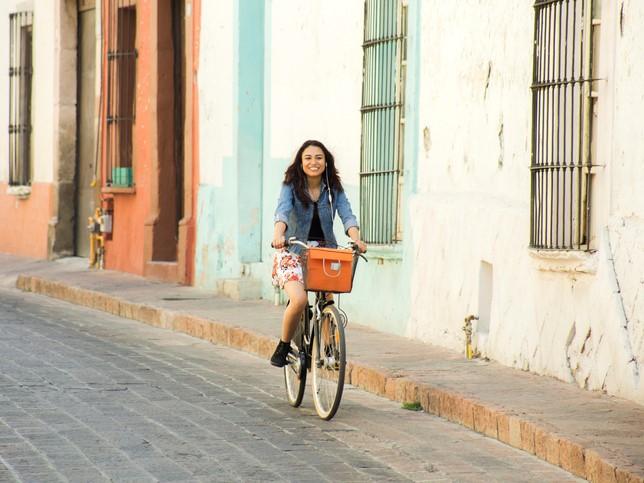Mens sana in corpore sano, or “a healthy mind in a healthy body”, is a well-known phrase originally used by the Roman poet Juvenal. I’m convinced that the phrase – and the sentiment behind it – is relevant in higher education settings and that our students will benefit greatly if we adopt it as a personal goal.
For they are in the process of modelling their minds via demanding academic standards and are constantly making significant decisions that might impact their adult lives. As such, physical activity is not only welcome but necessary for them – and, in my opinion, for anyone involved in intellectual endeavours.
Of course, many students already give up their time to practise sports or exercise and enjoy it, but many see these activities as optional. There are, of course, many reasons why this might be the case, with the simplest being that students are very likely to have a packed agenda that sees them juggling academic courses, part-time jobs, and time for family and social engagements.
- Strategies for the constructive use of varied assessment methods
- So, you want to take the grades out of teaching? A beginner’s guide to ungrading
- Why interactive and game-based instruction beats lecturing every time
This led me to consider how I might help engage students in healthy physical activities. I came up with an idea and implemented it several years ago: why not help students engage in exercise via a challenge that rewards physical activity academically? My thinking was that young adults are easily stimulated by challenges, and many care about their personal image and social acceptance. Plus, a boost in their final grades is always welcomed, so this idea was bound to be well accepted.
I am glad to report that it has been. I named it The Rams Challenge, after our university mascot, and the scheme has been in place since 2014. Students are challenged to individually traverse 1,000km (621.3 miles) during a term. This distance can be covered by walking, running, cycling, roller skating, swimming or any combination of these as part of playing sports or commuting. For every 100km covered, they earn one extra credit point, up to a maximum 10 extra points (out of a possible 100) in one term.
To enter the challenge, students sign up to and use a high-quality sports app, such as Strava or MapMyFitness, that allows them to track their physical activity in real time. The challenge is formally announced as part of the course syllabus and policies, and to further encourage student participation, I take part in the challenge, too.
A simple calculation suggests that students must cover an average of 8.5km per day if they want to gain the full number of extra credits. It is also a true challenge in another sense, requiring excellent time management if they’re to make space for this activity – about an hour a day – in their crunched agendas.
And they seem to be responding to it. Since 2014, more than 1,000 students have enrolled in the challenge (an average of 60 students per academic term) with 70 per cent of them showing active participation. They have frequently extolled the benefit on their lives beyond the extra credit points. Some students had never tried running, jogging or cycling in a systematic way and discovered they enjoy it; others have lost weight, improved their general fitness and increased their confidence in a healthy way. Others simply acquired a positive, healthy habit and even asked to enrol on the challenge in other terms, even if they cannot claim the extra credit points.
Meanwhile, other professors, lecturers, staff and alumni have also been enthusiastically participating, comparing their levels of fitness with young university students and benefiting through healthy activity.
The challenge addresses the World Health Organisation’s recommendations on physical activity and supports previous findings regarding the relationship between exercise and learning. I must say that I have not conducted longitudinal research to systematically measure the benefits of this challenge, but I do believe that, due to the positive results shared by students, the challenge has been successful, helping them achieve what the Romans once believed: mens sana in corpore sano.
Roberto Villaseñor-Roldán is a full-time professor of industrial and system engineering at the Monterrey Institute of Technology, Mexico.
If you found this interesting and want advice and insight from academics and university staff delivered direct to your inbox each week, sign up for the THE Campus newsletter.




comment